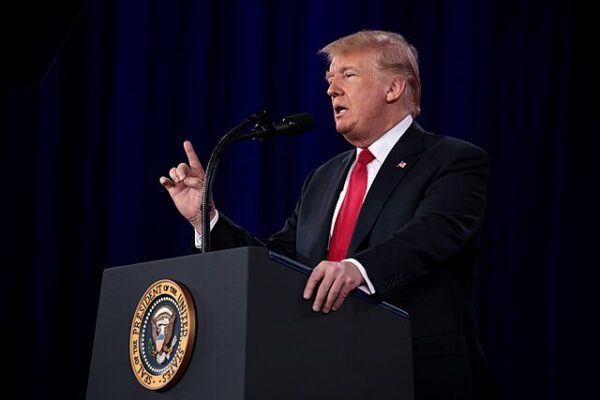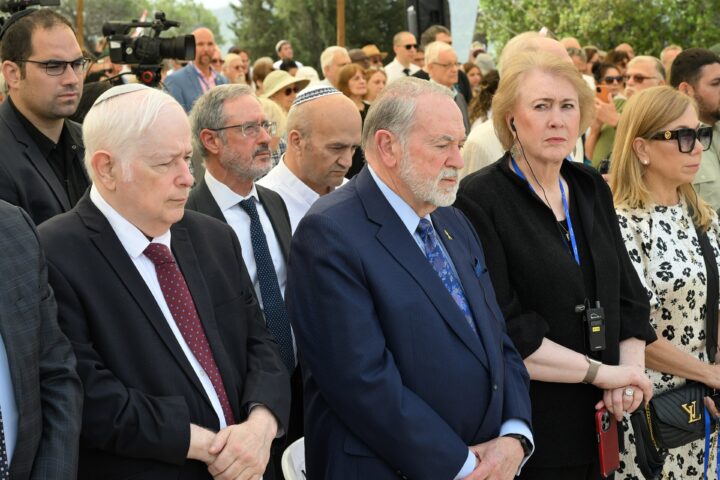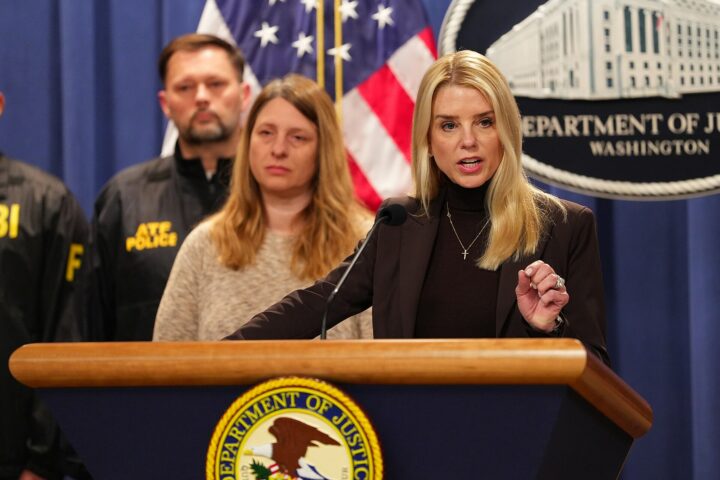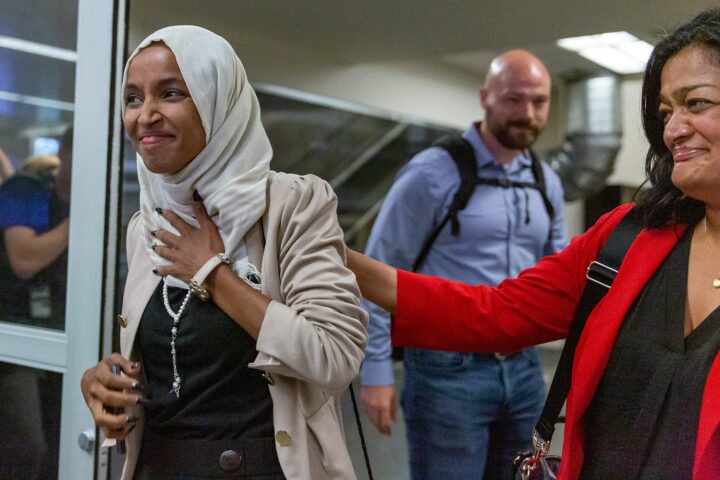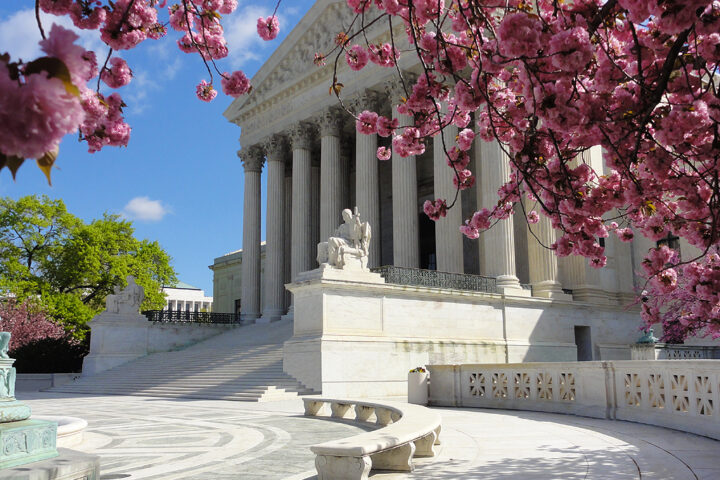President Donald J. Trump reportedly announced Friday that his administration will expand its federal law enforcement initiative to Memphis, citing deep concern over crime and safety in the city and pointing to strong support from both state and local officials.
The president broke the news during an appearance on Fox & Friends, where the hosts pressed him on the ongoing federal takeover of law enforcement duties in Washington, D.C., and growing pushback from Democrats in Congress as he signals a broader strategy for other cities led by Democrats.
“I think I’ll be first to say it,” Mr. Trump declared. “We’re going to Memphis. Memphis is deeply troubled, the mayor is happy, Democratic mayor. Mayor is happy and the governor of Tennessee is happy. Deeply troubled. We’re going to fix it like we did Washington.”
Mr. Trump acknowledged he would have preferred to target Chicago first but explained that his decision to turn federal resources toward Memphis came after a conversation with a longtime friend in the railroad industry who has close ties to FedEx, the Memphis-based global shipping giant.
According to the president, the executive warned him about deteriorating conditions in the city. “He can only walk one block from his hotel before he’s made to travel in an armored vehicle with bullet-proof glass,” Mr. Trump recounted. “He said it is terrible.”
The president’s comments offered a stark picture of Memphis as emblematic of a broader breakdown in law and order across major Democratic-run cities.
By tying the move to concerns raised by a business leader, Mr. Trump also underscored the economic dimension of urban crime, framing safety as a precondition for investment and growth.
When co-host Ainsley Earhardt asked whether the administration would deploy the National Guard, Mr. Trump did not hesitate. “National Guard and anybody else we need, military if we need it. National Guard,” he said. “Memphis is a great music city, home of Elvis and everything else.”
The statement revealed the president’s willingness to go beyond Washington, D.C., and use federal resources more aggressively in cities where, he argues, Democratic leadership has failed to keep residents safe.
It also showcased a key dividing line between the administration and its critics: while Mr. Trump insists such interventions restore order, Democrats portray them as overreach that threatens local control.
But Mr. Trump stressed that the move to Memphis was welcomed by both the city’s Democratic mayor and Tennessee’s Republican governor — a point he framed as proof of bipartisan recognition of the city’s struggles. “The mayor is happy and the governor of Tennessee is happy,” he said, suggesting broad support for federal action in a place where crime and instability have undermined confidence in local governance.
For the president, Memphis serves as both symbol and battleground: a city with a storied cultural past, now confronting challenges that, he argues, demand decisive leadership. “We’re going to fix it like we did Washington,” he said, casting the federal presence as not only necessary but overdue.
[READ MORE: Trump Administration Ends Discretionary Grants for Minority-Serving Institutions, Citing Racial Quotas]

